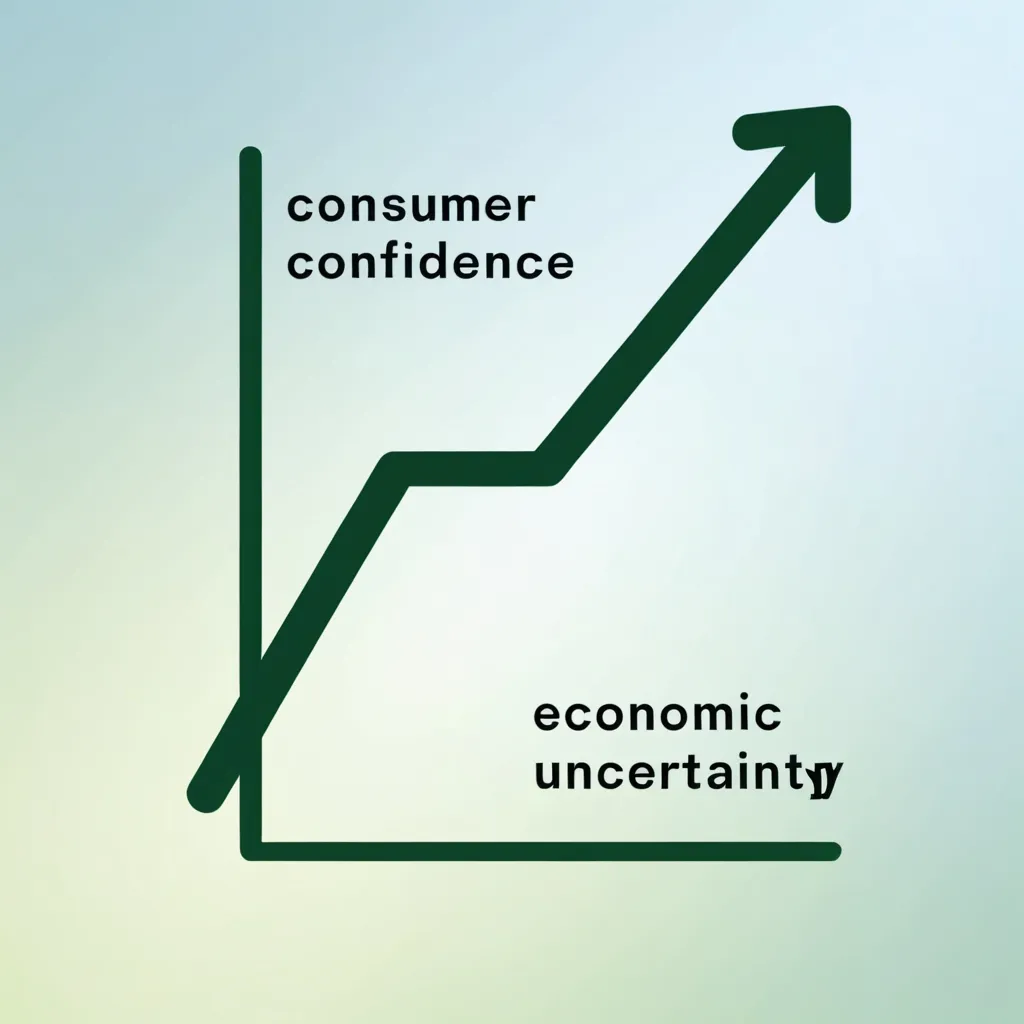The Rise of Robo-Advisors: Are Human Financial Advisors Becoming Obsolete?
In the world of finance, things are changing faster than ever. One of the biggest shifts we’re seeing is the rise of robo-advisors. These fancy algorithms are shaking up the way we manage our money, and it’s got a lot of people wondering: do we still need human financial advisors?
Let’s dive into this and see what’s really going on.
Robo-advisors are pretty cool, I’ll give them that. They’re like having a super-smart financial buddy in your pocket. They crunch numbers, look at your financial situation, and come up with investment plans. And the best part? They’re cheaper than hiring a human advisor. No wonder they’re becoming so popular!
Take Betterment and Wealthfront, for example. These robo-advisor platforms have billions of dollars under management and hundreds of thousands of users. They’re doing things like rebalancing portfolios and tax-loss harvesting automatically. For someone who’s just starting out or doesn’t have complex financial needs, this can be pretty appealing.
But here’s the thing - robo-advisors aren’t perfect. They’re smart, sure, but they’re not human. They can’t understand the emotional side of money decisions or the quirks of your personal situation. Like, maybe you have a sentimental attachment to a certain stock, or you have values that influence how you want to invest. A robo-advisor just doesn’t get that.
This is where human financial advisors really shine. They’re not just number-crunchers. They’re like financial therapists, life coaches, and money gurus all rolled into one. They get to know you, your goals, your fears, and your dreams. And they use all of that to give you advice that’s tailored just for you.
Think about it. Let’s say you suddenly need to get your hands on $50,000. A robo-advisor might just tell you to sell some stocks. But a human advisor? They’d consider everything - the tax implications, your long-term goals, maybe even suggest alternatives you hadn’t thought of. That kind of personalized advice is priceless.
And financial planning isn’t just about investments. It’s about your whole financial life - estate planning, budgeting, retirement, all that good stuff. Robo-advisors are great at crunching investment numbers, but they’re not equipped to handle all these other aspects of your financial health.
So, are human financial advisors going extinct? Not a chance. But their role is definitely changing. We’re likely to see a future where human advisors and technology work together. Imagine a world where robo-advisors handle the day-to-day stuff, freeing up human advisors to focus on the big picture, complex issues, and personal relationships with clients.
This hybrid model could be the best of both worlds. You get the efficiency and cost-effectiveness of technology, plus the irreplaceable human touch. Smart financial advisors are already adapting to this new reality, embracing technology to enhance their services rather than compete with it.
Let’s talk about relationships for a second. Money is emotional, right? It’s tied up in our hopes, our fears, our sense of security. That’s why the relationship between a client and their financial advisor is so important. It’s built on trust, understanding, and shared values. A robo-advisor can’t call you up to check how you’re doing during a market downturn or celebrate with you when you hit a financial milestone.
And speaking of relationships, there’s a massive wealth transfer happening right now. Baby Boomers are passing down trillions of dollars to younger generations. This is huge for financial advisors who can connect with millennials. These younger clients might not have huge investment portfolios yet, but they’re willing to pay for good financial advice. Advisors who can blend tech-savvy approaches with personalized service are going to be in high demand.
Now, let’s talk about efficiency. Robo-advisors are great at automating routine tasks. They can handle things like index investing, rebalancing portfolios, and tax-loss harvesting without breaking a sweat. This is actually a good thing for human advisors. It frees them up to focus on what they do best - building relationships and tackling complex financial challenges.
Imagine a financial advisor who uses robo-tools to handle the routine stuff. Now they have more time for meaningful conversations with clients. They can pick up the phone more often, send personalized advice, or schedule face-to-face meetings to really dig into a client’s financial plan. That’s the kind of high-touch service that builds lasting relationships.
So, what’s the bottom line? Technology is definitely changing the game in financial advisory services. But it’s not making human advisors obsolete. Instead, it’s pushing the industry to evolve. The financial advisors who thrive in this new world will be the ones who embrace technology while doubling down on the human skills that no algorithm can replicate.
The future of financial advice is likely to be a blend of high-tech tools and high-touch personal service. It’s about using technology to enhance, not replace, human expertise. This means clients will have more options than ever before. They can choose robo-advisors for simple, low-cost investment management, or opt for human advisors for more complex, personalized financial guidance.
When you’re thinking about your financial future, remember that robo-advisors can be a great tool, but they’re just that - a tool. They can’t replace the wisdom, empathy, and personalized advice that comes from a human financial advisor. Investing isn’t just about getting the highest returns. It’s about achieving financial security, peace of mind, and reaching your life goals. And in that journey, having a human guide can make all the difference.
In the end, the rise of robo-advisors isn’t the end of human financial advisors. It’s the beginning of a new era where technology and human expertise work hand in hand. This collaboration has the potential to deliver better financial outcomes for everyone. So whether you’re a seasoned investor or just starting out, there’s never been a better time to explore your options and find the right mix of robo and human advice for your financial journey.
Remember, your financial future is uniquely yours. Whether you choose a robo-advisor, a human advisor, or a combination of both, the most important thing is that you’re taking control of your financial destiny. And in a world where money matters are getting more complex by the day, having the right guidance - whether it comes from an algorithm or a person (or both!) - can make all the difference in achieving your financial dreams.






